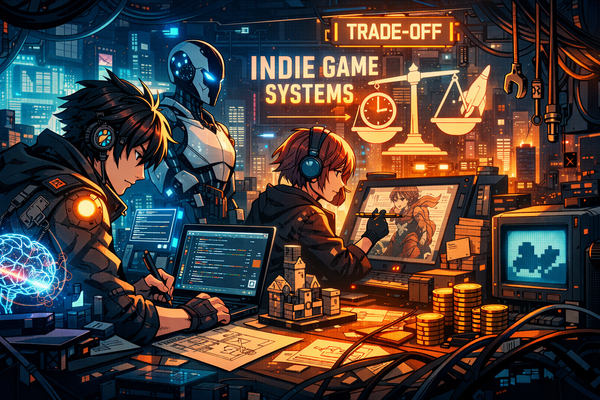Brain-Computer interfaces in gaming: The next frontier?
Brain-Computer Interfaces (BCIs) are emerging as a transformative technology in the gaming industry, enabling direct communication between the human brain and computers. This innovation has the potential to revolutionize gaming experiences by allowing players to control games using their thoughts, thereby creating more immersive and intuitive interactions.
Potential applications in gaming
- Enhanced immersion: BCIs can deepen player engagement by enabling control through neural activity, eliminating the need for traditional input devices. This direct interaction can lead to more seamless and immersive gaming experiences.
- Accessibility: For individuals with physical disabilities, BCIs offer the possibility to participate in gaming without relying on conventional controllers, promoting inclusivity within the gaming community.
- Adaptive gameplay: By monitoring a player's cognitive and emotional states, BCIs can facilitate games that adjust in real-time to the player's mental state, enhancing personalization and responsiveness.
Current developments
Companies like Neuralink and Precision Neuroscience are at the forefront of BCI technology. Neuralink, for instance, has initiated human trials with implanted electrodes capable of interpreting brain signals for tasks such as playing video games. These advancements suggest a future where BCIs could become integral to gaming (Financial Times).
Ethical considerations
The integration of BCIs into gaming raises several ethical issues:
- Privacy: The collection and interpretation of neural data necessitate stringent measures to protect user privacy and prevent unauthorized access to sensitive information.
- Consent: Ensuring informed consent is crucial, particularly when users may not fully understand the extent of data being collected or the potential implications of BCI use.
- Health Risks: The long-term effects of BCI use, especially invasive implants, require thorough investigation to prevent potential physical and psychological harm.
Addressing these ethical challenges is essential to the responsible development and deployment of BCIs in gaming (BMC Medical Ethics).
Future prospects
The future of BCIs in gaming holds exciting possibilities:
- Neurogaming: This emerging field involves games that utilize BCIs to create experiences where players interact through neural activity, potentially leading to new genres and forms of gameplay (Wikipedia).
- Cognitive enhancement: BCIs could enable games designed to improve cognitive functions, offering both entertainment and mental health benefits.
- Integration with other technologies: Combining BCIs with virtual reality (VR) and augmented reality (AR) could result in unprecedented levels of immersion and interactivity in gaming.
While challenges remain, the convergence of neuroscience and gaming through BCIs represents a promising frontier that could redefine the future of interactive entertainment.




